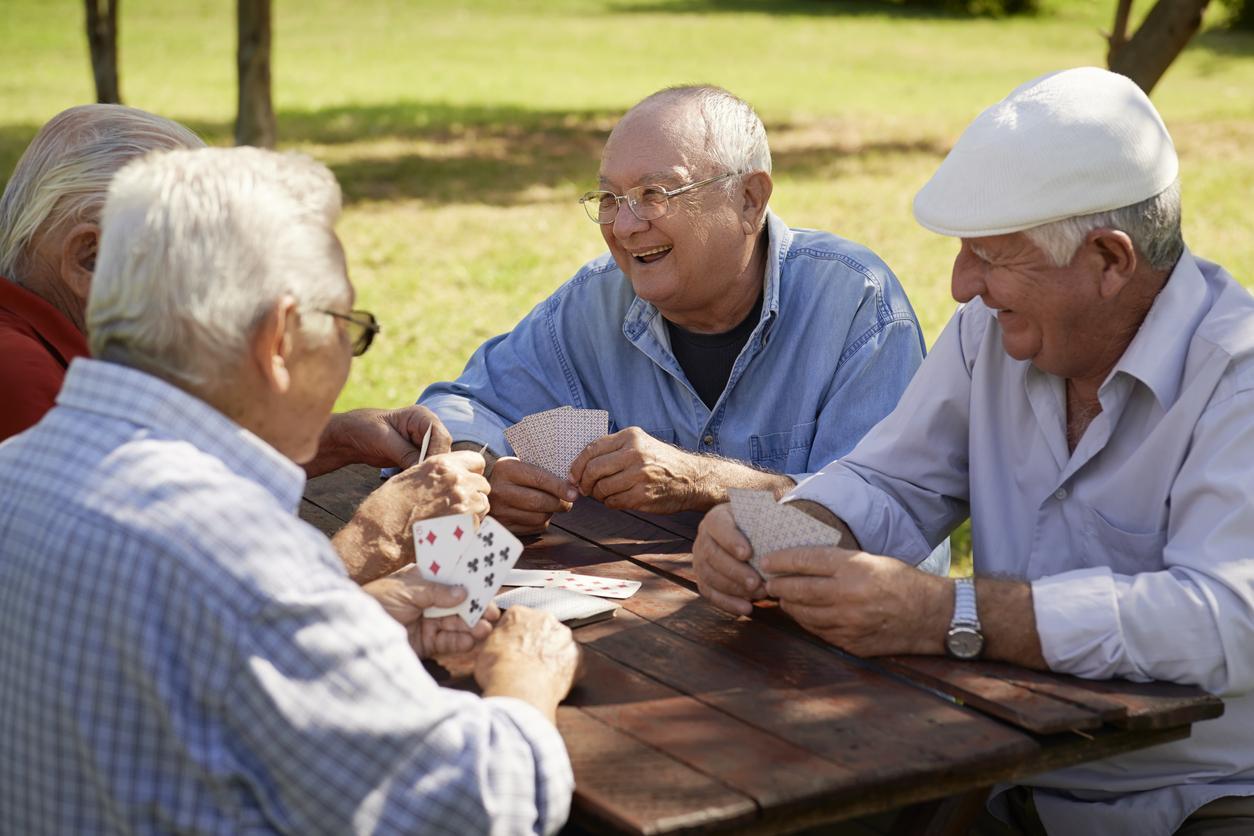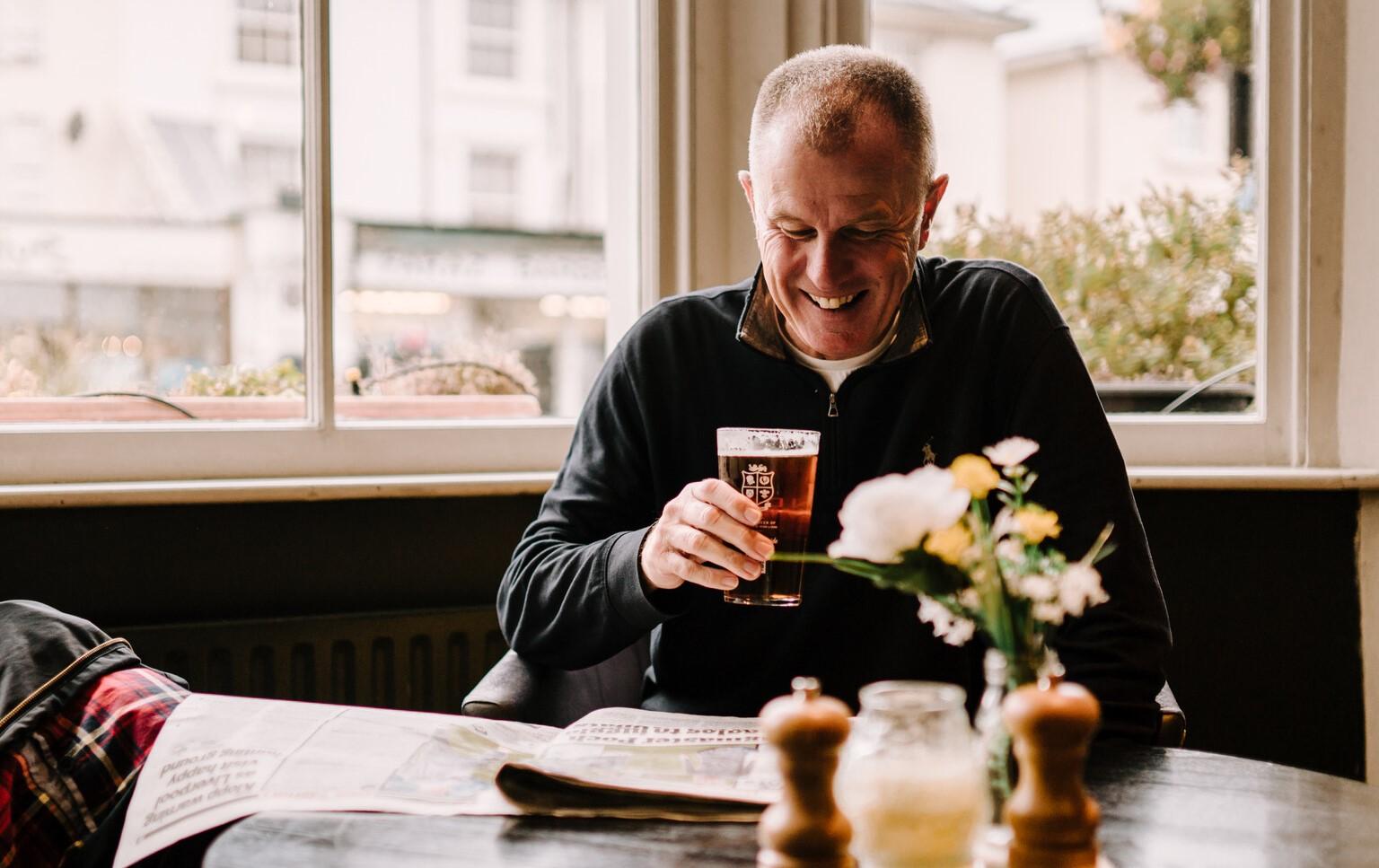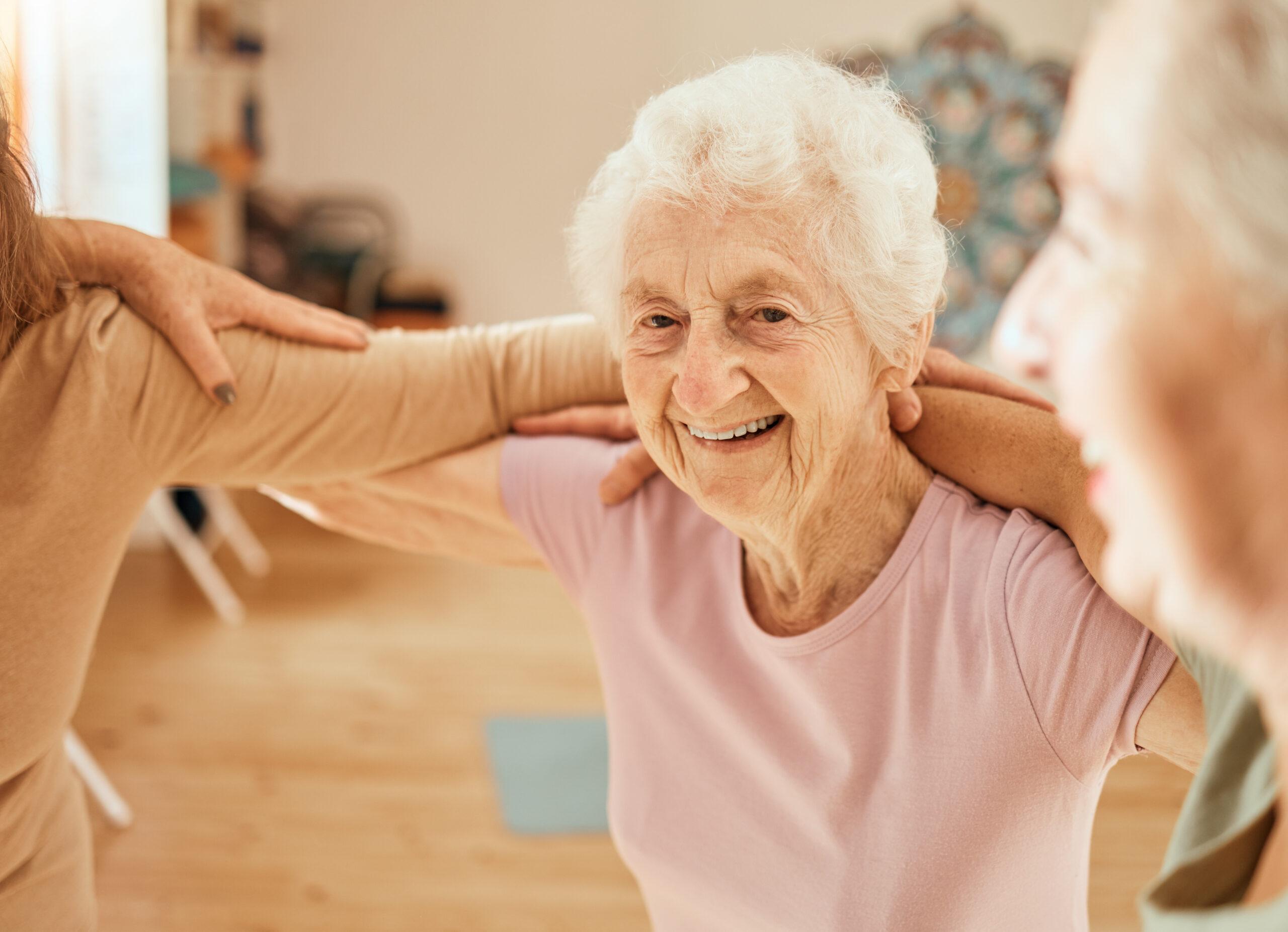Keep socially active to boost your mood and your brain health
Actively socialising can improve your emotional well-being and your cognitive health.

Keeping socially active and engaging with different social circles can improve mental health as well as reduce the rate of cognitive decline.
As part of Older Persons Mental Health Week (1 – 10 October) Face Dementia is sharing research about the benefits of social engagement, as well as programs to increase your social interactions.
Social connections and brain health
In a study analysing social connections and cognition, an article published by the Lancet Health Longevity found weekly community group engagement, weekly interaction with family and friends, living with others and not feeling lonely are associated with slower cognitive decline.
Reported in an article published by the University of NSW, frequently connecting with family and friends (weekly or monthly) reduces the risk of dementia. Further, having a close relationship to confide in, and receive support from, can reduce stress and improve brain and overall health.
Older people and social isolation
Older people are susceptible to feeling isolated and lonely due to a combination of health and social factors including decline in hearing, memory loss, physical disabilities, mobility challenges and loss of loved ones. This was amplified by the social restrictions and community service closures during the Covid-19 pandemic. Many people have been slow to start socialising again because they’re out of the habit or fear the risk of Covid-19 infection.
Thankfully, more initiatives and organisations are working within communities to provide opportunities for older people and people living with dementia to be more socially connected.
Programs promoting social connection
The Aged Care Volunteer Visitors Scheme (ACVVS) connects volunteers to visit older people to provide friendship or companionship. You can find more information or request for a volunteer to visit you on the ACVVS website.
FriendLine is another organisation for anyone who needs to reconnect or simply to chat. Telephone conversations are anonymous, and the team of friendly volunteers are always ready to share a few stories. They operate Monday to Friday from 6pm-8pm AEST. Visit Friendline – or call: 1800 424 287.
My Aged Care can arrange social outings, groups and visitors as part of their Help at Home Service.
The Australian Red Cross provide a range of support to older people as well as a community visitors Service. Visit Australian Red Cross or call: 1300 885 698.
Be Connected is an Australian wide initiative aimed to empower Australians to thrive amongst the new digital world. This initiative offers learning resources and networks of community partnerships to help people develop digital skills and confidence. Visit Be Connected to find details of computer classes near you.
Other ideas to keep you mentally and socially active:
- Check with your local council or library as many provide social activities for older residents on a regular basis.
- University of the Third Age provides seniors education (both online and face-to-face) to keep your mind active with opportunities to interact socially. Check if there is a U3A in your area.
- The Australian Men’s Shed Association provide opportunities for men to get together while they tinker. Find out if there is a Men’s Shed in your area.
For people living with dementia, it’s never too late to socially connect and enjoy the benefits
Dementia Australia advocate, Ann Pietsch, attributes her early diagnosis, being proactive and keeping busy within the community to regaining some cognitive function since she was diagnosed.
I find I can do things now that I couldn’t do when I was diagnosed. I can read again, perhaps with slightly altered goals! I don’t have to remember every detail of the book, but I still enjoy it as I read! I can also follow knitting patterns again! I put this down to being so busy as an advocate.”
Dementia Advocate, Ann Pietsch
Dementia specific programs
- Contact Dementia Australia to find out if there are dementia support groups or Dementia Friendly Community groups in your area, or call the National Dementia Helpline on 1800 100 500.
- Learn about Dementia Australia’s Dementia Advocate program.
- Dementia Alliance International offers peer-support groups for people living with dementia.


